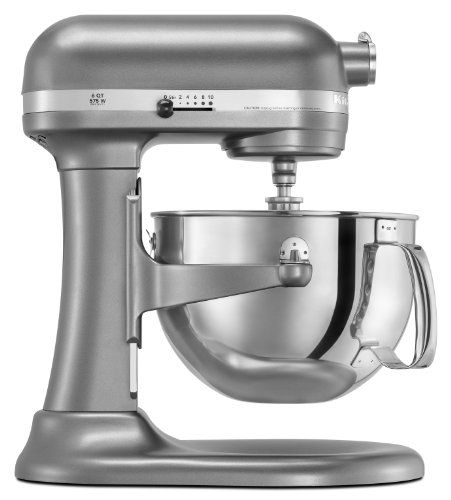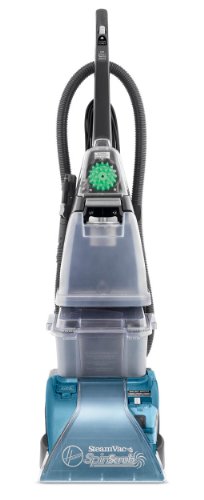The dramatic rise in house prices over the last ten years means that living space is at a premium, particularly in urban areas. Many of us live in shared apartments, lofts, student rooms or studio flats in which the bedroom also functions as a living and working area. Children are frequently forced to share a room with siblings. And with more people working from home, sometimes the bedroom has to double as an office.
Yet as our space shrinks, the number of personal possessions we acquire seems to multiply. So where do you keep your computer, printer, stereo, PlayStation, musical instruments, exercise bike and spare bedding without your room becoming a junkyard?
Naturally the item of furniture that takes up most space in the bedroom is your bed, especially if you crave the luxury of a king-sized double. The benefit of a large bed, however, is that the space underneath it can be exploited for storage -but that doesn't mean just shoving everything under the bed and allowing it to gather dust!
Nowadays you can choose from a range of drawers, chests and storage boxes on wheels, all designed to make the most of this under-used space while keeping your possessions tidy and easy to find.
Choosing a bed to maximise your living space
If lack of floor space rather than storage room is your problem, there are many space-saving alternatives to the traditional bed. Futons are a Japanese invention, which originally consisted of a cotton mattress placed over straw flooring and folded away during the day. Western futons are loosely based on the Japanese design, but have a configurable frame which folds in the middle to double as a bed and a sofa. A futon set consists of a sofa and several chairs that can be unfolded into beds - ideal if you have guests to stay.
Bunk beds are essentially two beds placed on top of each other and held apart by supports. Bunk beds originated in ships, where they were used to save space in cabins. They are ideal for two children sharing a bedroom, though safety precautions must be followed to avoid injury when climbing up and down the ladder.
Most bunk beds are single, though you can find models with a double bed below a single bed. A recent development is the L-shaped bunk arrangement, which creates extra storage space below the top bunk. However, the L-shape is limited in the range of rooms it can fit into.
Another option is a loft bed, which despite its name is not designed for lofts or attics! Loft beds make use of vertical space by raising the bed from the ground and freeing up space below for the storage of books, electrical equipment or boxes. The lower space can even be used for a work desk or computer station, which makes a loft bed the ideal choice for a student bedroom or a single person living in a studio flat.
The Murphy bed, or wall bed, dates back to 1916 and is a bed that can be flipped up from one end for storage in a closet in the wall. Apparently inventor William Murphy's one-bedroom apartment was too small for him to entertain his friends, so he thought up a way of saving space by hiding the bed. Murphy beds are still popular today and you can even buy them for your pets!
A trundle bed is a low bed on wheels or casters that slides underneath another bed to be stored when not in use. Some trundle beds can be raised so they are the same height as the main bed. Trundles make a useful spare bed, especially if children want to invite friends for a sleepover. Bear in mind that a trundle bed won't necessarily fit under your existing bed - always check the specifications first.
Other tips for creating space in the bedroom
Decorate your bedroom or studio with pale, neutral colours to open up the walls and maximise the sense of space. Mirrors will also create the illusion of depth.
Mount your TV and stereo on the wall to save space on the floor
Use shelves and hanging racks for books and magazines
Buy furniture that has a double function, for example a stool that can also be used as a storage box.
Be ruthless about getting rid of clutter. Don't hang onto old clothes and shoes you'll never wear again - donate them to your local charity shop instead.

























